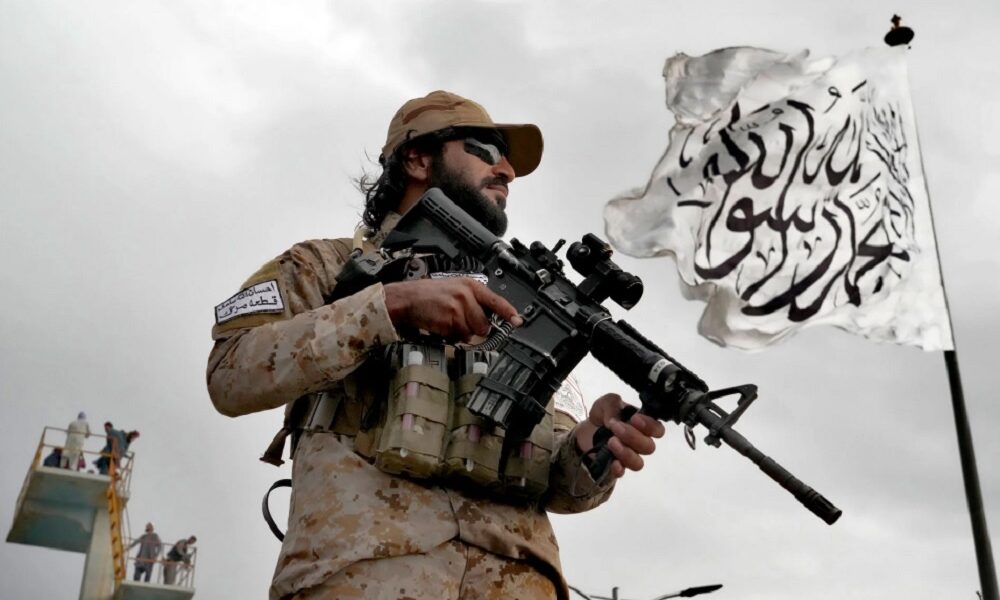Latest News
UN report highlights rights violations in Afghanistan; IEA rejects it as ‘propaganda’

The United Nations Assistance Mission in Afghanistan (UNAMA) in a report on Wednesday highlighted human rights abuses since takeover of the country by the Islamic Emirate of Afghanistan (IEA) in August last year.
The report summarises UNAMA’s findings with regards to the protection of civilians, extrajudicial killings, torture and ill-treatment, arbitrary arrests and detentions, the rights of women and girls in Afghanistan, fundamental freedoms and the situation in places of detention.
Despite an overall, significant reduction in armed violence, between mid-August 2021 and mid-June 2022, UNAMA recorded 2,106 civilian casualties (700 killed, 1406 wounded).
The majority of civilian casualties were attributed to targeted attacks by Daesh against ethnic and religious minority communities in places where they go to school, worship and go about their daily lives, UNAMA said.
“It is beyond time for all Afghans to be able to live in peace and rebuild their lives after 20 years of armed conflict. Our monitoring reveals that despite the improved security situation since 15 August, the people of Afghanistan, in particular women and girls, are deprived of the full enjoyment of their human rights,” said Markus Potzel, acting UN envoy to Afghanistan.
UNAMA’s report highlights specific concerns with respect to two bodies within IEA – the Ministry of Propagation of Virtue and Prevention of Vice and the General Directorate of Intelligence.
According to UNAMA, although the ministry’s directives are said to be recommendatory in nature, at times members of IEA have taken a harsh stance on their implementation, including carrying out physical punishments for alleged infringements of their directives.
UNAMA reported 160 extrajudicial killings, 178 arbitrary arrests and detentions and 56 instances of torture and ill-treatment of former ANDSF and government officials by IEA authorities.
It also reported 59 extrajudicial killings, 22 arbitrary arrests and detentions and seven incidents of torture and ill-treatment by IEA authorities of individuals accused of Daesh affiliation.
In addition, 18 extrajudicial killings, 54 instances of torture and ill-treatment and 113 instances of arbitrary arrest and detention and 23 cases of incommunicado detention of individuals accused of affiliation with self-identified “National Resistance Front” were also reported by UNAMA.
According to the report, there were human rights violations affecting 173 journalists and media workers, 163 of which were attributed to IEA authorities. Among these were 122 instances of arbitrary arrest and detention, 58 instances of ill-treatment, 33 instances of threats and intimidation and 12 instances of incommunicado detention.
“The rights to freedom of peaceful assembly, freedom of expression and freedom of opinion are not only fundamental freedoms, they are necessary for the development and progression of a nation. They allow meaningful debate to flourish, also benefiting those who govern by allowing them to better understand the issues and problems facing the population,” said Fiona Frazer, UNAMA Chief of Human Rights.
IEA however rejected the report as a “propaganda.”
Zabihullah Mujahid, a spokesman for IEA, said extrajudicial killings and arbitrary arrests are not allowed.
He said if anyone commits extrajudicial killing or arbitrary detention, he will be treated as a criminal and will face Sharia law.
Bilal Karimi, deputy spokesman of IEA, also said that IEA is the only force defending the rights of the Afghan people, and it is the real representative of the Afghan people.
